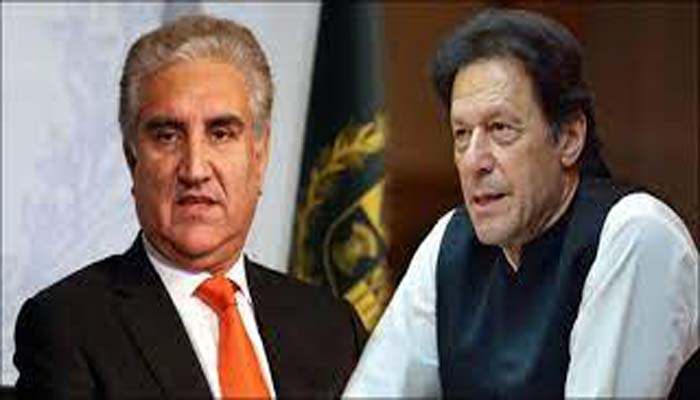JK News Today special
Jammu, April 02:
Pakistan has its own ways of conducting its relations with India and these inject uncertainties at times when it appears that things might run the normal course. This is uncomfortable truth . At the time when it was looking that Indo-Pak relations may gain the traction that these needed in the overall interest of peace and stability in the whole of region , it has taken a virtual U-turb by refusing to import sugar, cotton and cotton yarn from India .
Irony in this decision of Pakistan cabinet has two parts – that it would not resume the trade ties with India , for which its own Economic Coordination Committee that works under the Commerce department held by none other but Prime Minister Imran Khan had placed on record as its recommendation in the forceful manner Pakistani media and traders had hailed it as a step forward in the improvement of ties between the two countries . India had not suggested anything like that , therefore India is not to be blamed for what Pakistan did or is doing.
Second part is old one – Pakistan wants India to restore the special status to the erstwhile state of Jammu and Kashmir . It has set a condition that unless that reversal is done, it will not enter into any friendly trade relations with India. This is a suicidal path that Pakistan has chosen to traverse , knowing well that the end result would result in losses to itself.
This U-turn was not unexpected given the power equation between various power centres in Pakistan . There are political power centres , that is understandable , but what is incomprehensible is that these power centres exist within the government there. PM Imran Khan’s writ doesn’t run on his own government. Then there are divisions within the government, some ministers owe their allegiance to the army, others want to assert their political position . Within the army, too, various crosscurrents are visible . That makes it clear that the army chief Gen. Qamar Javed Bajwa, too, is not in the command of things . It is a chaos . And to confront their self-created chaos , they have made J&K as an issue , knowing that India-bashing would help them score points against each other in the game of one-up-man-ship in Pakistan’s corridors of power . That is their mistake .
Jammu and Kashmir is not what it used to be before August 5, 2019 . The August 5, 2019, changed the whole complexion of J&K – it is having no special status and it is now bifurcated into two Union Territories directly ruled by Delhi, terrorism is on last legs and the people are focused more on jobs and development and have heightened their stake in peace .
Kashmir has known that Pakistan does everything for its own self-interest, it uses Kashmiris as pawn in its game in its politics in South Asia. Kashmiris have become disillusioned with Pakistan, rather they are angry with Islamabad-Rawalpindi for having caused death and destruction in the Valley for the past over 30 years . It is because of the guns and IEds supplied by Pakistan that Kashmir Valley became a hot spot where terrorism bred and Kashmiris killed Kashmiris . The violence created fissures and distances between the people of Kashmir and that of the rest of the country. Now, these the efforts are underway to bring things back on the track.
Prime Minister Narendra Modi himself has become a brand ambassador of Kashmiri tourism .He has asked the countrymen to visit and enjoy the beauty of Kashmir, particularly when lakhs of tulips are blooming over there . India is focused on the bloom of flowers , Pakistan is trying to disrupt the narrative of development and repair of relations between the people of Jammu and Kashmir and rest of India .
If Pakistan continues to pursue its policies to harm the people of J&K, it may soon find itself in a state of complete isolation .




